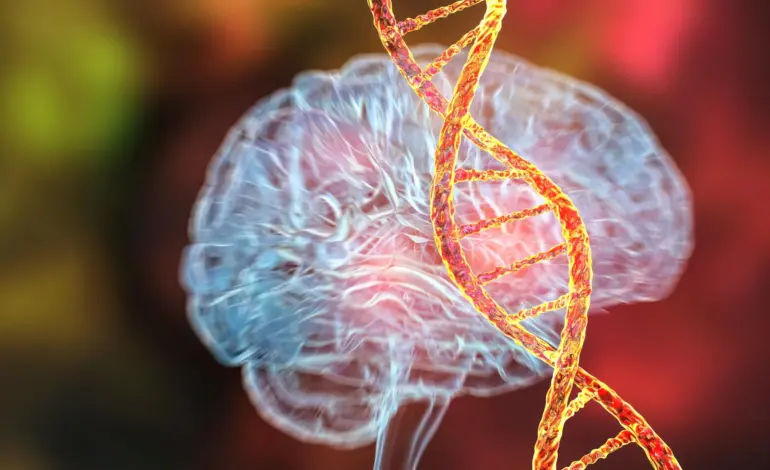New DNA Test Aims to Personalize Antidepressant Treatment

A groundbreaking DNA test may soon help healthcare providers determine the most effective antidepressant for individual patients. Researchers from Sweden, Denmark, and Germany have developed a genetic testing method that uses polygenic risk scores (PRS) to analyze DNA variations linked to mental health and medication response. This innovative approach could significantly improve treatment outcomes for millions suffering from depression and anxiety.
Depression and anxiety are among the most prevalent mental health disorders globally, affecting approximately 300 million people. Unfortunately, the path to finding the right treatment can often be a lengthy and frustrating experience. Research indicates that nearly half of those treated for depression or anxiety see little to no benefit from their initial medication, compelling them to try multiple options over weeks or even months before discovering relief.
A New Genetic Approach to Treatment
The research team, led by Professor Fredrik Åhs from the Department of Psychology and Social Work at Mid Sweden University, is optimistic about the potential of their genetic approach. By applying advanced polygenic risk score models, they aim to predict which antidepressants or anti-anxiety medications will be effective for specific individuals. Although the technique has only been tested using genetic research databases so far, the results have been encouraging.
“We believe this technology could be used to develop more targeted tests,” Åhs stated. “Our long-term goal is to create a test that doctors can use to select the right medication, and analyzing our genes is one way to achieve that.”
The collaboration began two years ago when Åhs reached out to Professor Doug Speed from the Center for Quantitative Genetics and Genomics at Aarhus University. Speed has dedicated years to refining methods for analyzing complex genetic data, particularly in relation to psychological conditions.
Understanding Polygenic Risk Scores
The development of polygenic risk scores has been made possible since the mapping of the human genome in the early 2000s. Scientists have identified numerous small variations in DNA that can influence health outcomes. Humans possess roughly 20,000 genes, each with multiple versions, some of which are associated with an increased likelihood of developing specific conditions.
Researchers compile this genetic information to create PRS, which combine the effects of various genetic variations to estimate a person’s risk for certain health issues. For instance, when assessing risk for depression, a person’s genome is analyzed for depression-linked variants. A higher number of these variants correlates to a greater genetic risk score.
To explore the impact of genetics on drug response, Åhs and his team utilized data from the Swedish Twin Registry, the largest of its kind worldwide. This extensive database allows researchers to compare genetic and environmental influences on health and behavior. By examining the responses of 2,515 individuals prescribed medications for depression or anxiety, the researchers were able to identify patterns in treatment efficacy based on genetic factors.
“We found that individuals with higher risk scores for depression or anxiety experienced less effectiveness from certain drugs, such as benzodiazepines and histamines,” Åhs explained. “While more research is necessary, we are hopeful that we can develop accurate tests to predict which medications will be most beneficial.”
The research does have limitations. Åhs noted that the dataset, while substantial, was not exhaustive. Information regarding patients’ responses to different drugs was based on prescriptions rather than clinical notes, leaving room for potential biases.
“While we can infer much from prescription data, we cannot ascertain the precise reasons for changes in medication,” he added. “Our analysis may not capture all prior treatments, and that could influence the findings.”
Despite these challenges, the researchers remain committed to advancing their work. Åhs emphasized the importance of conducting clinical follow-up studies to further validate their findings.
The implications of this research could be transformative for mental health treatment. A simple genetic test may one day enable healthcare professionals to swiftly identify the most effective antidepressant for patients, potentially minimizing trial-and-error approaches and enhancing the quality of care. By leveraging genetic insights, the goal is to improve treatment efficiency, reduce side effects, and ultimately improve the lives of millions battling depression and anxiety.






